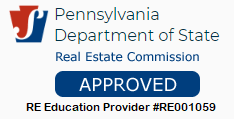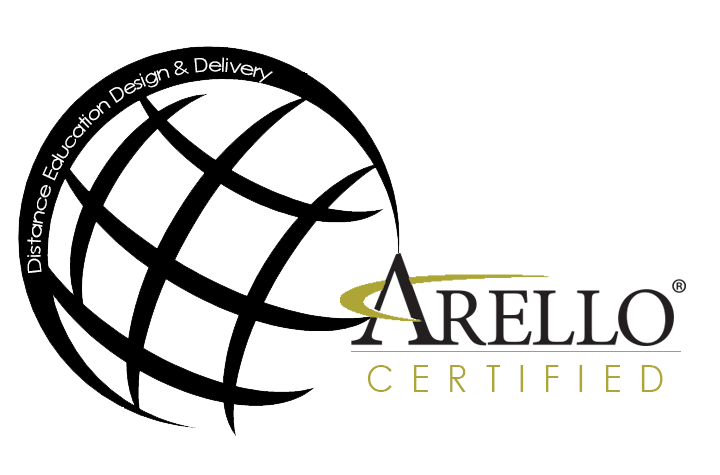1031 Exchange Rules Every Real Estate Investor in Pennsylvania Should Know
In this post, we’ll break down what a 1031 Exchange is, the key rules every investor in Pennsylvania should know, and how this strategy can open doors to new opportunities.

If you’ve been investing in real estate for a while—or you’re just exploring ways to build wealth through property—there’s one tax-deferral strategy you can’t afford to overlook: the 1031 Exchange. While it sounds complex, it’s actually one of the most powerful tools investors have for growing their portfolios tax efficiently.
🏠 What is a 1031 Exchange?
A 1031 Exchange—named after Section 1031 of the Internal Revenue Code—allows you to sell an investment property and defer paying capital gains taxes if you reinvest the proceeds into a like-kind property.
In other words, instead of handing over a chunk of your profit to the IRS, you can keep more money working for you—growing your real estate holdings, increasing your cash flow, and diversifying your portfolio.
💡 Why Should Investors in Pennsylvania Care?
Pennsylvania’s real estate market has always offered opportunities for smart investors—whether you’re flipping houses in Philadelphia, buying rental units in the suburbs, or managing vacation homes in the Poconos. A 1031 Exchange gives you the flexibility to upgrade your investment or pivot to a new market while deferring taxes.
📌 7 Rules Every Investor Needs to Know
1. The Property Must Be “Like-Kind”
Like-kind doesn’t mean identical. It means the properties must both be held for business or investment purposes. For example, you could exchange an apartment building for a single-family rental, a retail space, or even raw land—so long as it will be used for investment.
2. Your Primary Residence Doesn’t Qualify
Sorry—your personal home doesn’t count. Only investment or business properties qualify for a 1031 Exchange.
3. You Have 45 Days to Identify Replacement Properties
Timing is everything. After selling your property, you have 45 days to identify potential replacement properties in writing.
💡 Pro Tip: In competitive Pennsylvania markets like Philly, have a list of potential replacements ready in advance.
4. You Have 180 Days to Close
From the date you close on the sale of your property, you have 180 days to close on the new property. Missing this deadline means you’ll owe capital gains tax.
5. The Exchange Must Be Equal or Up
To defer all your capital gains, you must reinvest all proceeds and take on equal or greater debt. If you pocket any leftover cash (called “boot”), that portion will be taxable.
6. Use a Qualified Intermediary (QI)
You can’t just deposit the sale proceeds into your personal account and then buy the new property. A Qualified Intermediary must hold the funds during the exchange.
7. Consider Pennsylvania-Specific Tax Implications
While the federal 1031 rules apply nationwide, you should work with a local tax professional who understands
Pennsylvania real estate laws to ensure you’re meeting both federal and state requirements.
🔑 How 1031 Exchanges Help You Build Wealth
A 1031 Exchange isn’t just about saving on taxes—it’s a wealth-building strategy that helps you:
✅
Expand your portfolio without losing money to taxes each time you sell.
✅
Upgrade to better properties, higher rents, or stronger markets.
✅
Diversify your holdings, spreading risk across different property types or locations.
✅
Build generational wealth, since you can continue exchanging until you pass the property to heirs, who may receive a stepped-up basis.
📚 Ready to Learn More?
At Philadelphia Real Estate Classes, we believe real estate is more than a job—it’s a lifelong opportunity to create financial freedom. That’s why our courses don’t just prepare you for your exam—they open your eyes to the many paths you can take in this business.
If you’re a future agent in Pennsylvania, understanding strategies like the 1031 Exchange can help you better serve your clients and make smarter decisions for your own investments.
✅ Stay Informed, Stay Ahead
Want more practical tips, insider advice, and real-world strategies to build your real estate career? Be sure to check out our other blog posts and free resources for Pennsylvania agents.
📞 Have questions about our classes? We’re here to help. Call us at 215-335-6919.
Want to read more on this subject?
✅
Asset Preservation, Inc. — 1031 Exchanges in Pennsylvania
Asset Preservation is one of the largest national Qualified Intermediaries. They offer clear, investor-friendly explanations, FAQs, and case studies — plus they cover unique Pennsylvania considerations.
👉
1031 Exchange — Pennsylvania Information & Resources | Asset Preservation
✅
IRS 1031 Exchange Guidelines (Official)
This is the definitive source for the legal requirements straight from the IRS. It explains what qualifies, timelines, like-kind definitions, and exceptions.
👉
IRS Like-Kind Exchanges — Real Estate Tax Tips
✅
Pennsylvania Department of Revenue — Personal Income Tax Treatment of Like-Kind Exchanges
This page explains how Pennsylvania specifically treats 1031 Exchanges for state tax purposes, which is vital since some states don’t follow federal rules exactly.
👉
PA Department of Revenue — Personal Income Tax Treatment of Like-Kind Exchanges (This is the direct link to their official informational notice PDF.)





